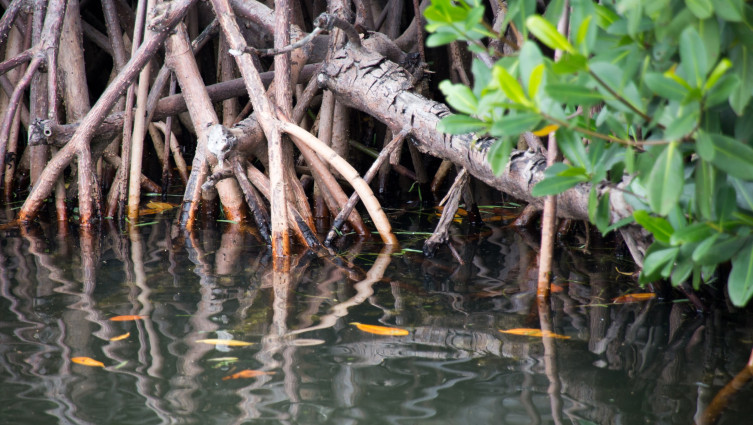New study reveals the influence of ocean currents in mangrove diversity
A study led by the Algarve Centre of Marine Sciences (CCMAR), including an international team of researchers reveals that, in addition to climate change and human impacts, ocean currents also play a key role in regulating the genetic diversity of mangrove forests on a global scale, with implications for their conservation.
"The results we obtained show that ocean currents play a key role in the genetic diversity of mangroves, allowing or interrupting the genetic flow between populations" explains Lidiane Gouvêa, CCMAR researcher and first author of the study. "Our study has implications for the conservation and management of mangroves in a context of climate change, as potential changes in the direction and intensity of ocean currents could lead to the isolation of populations and prevent them from exchanging genes. Over time, this isolation could lead to a decrease in the genetic diversity of populations, increasing the risk of their extinction, which has direct implications for communities in tropical countries that depend directly on mangrove forests," said Jorge Assis, CCMAR researcher and senior author of the study.
This study provides important insights into the role of ocean currents on mangrove biodiversity and underlines the urgent need to protect these ecosystems and the species that inhabit and depend on them. It can be consulted HERE.


